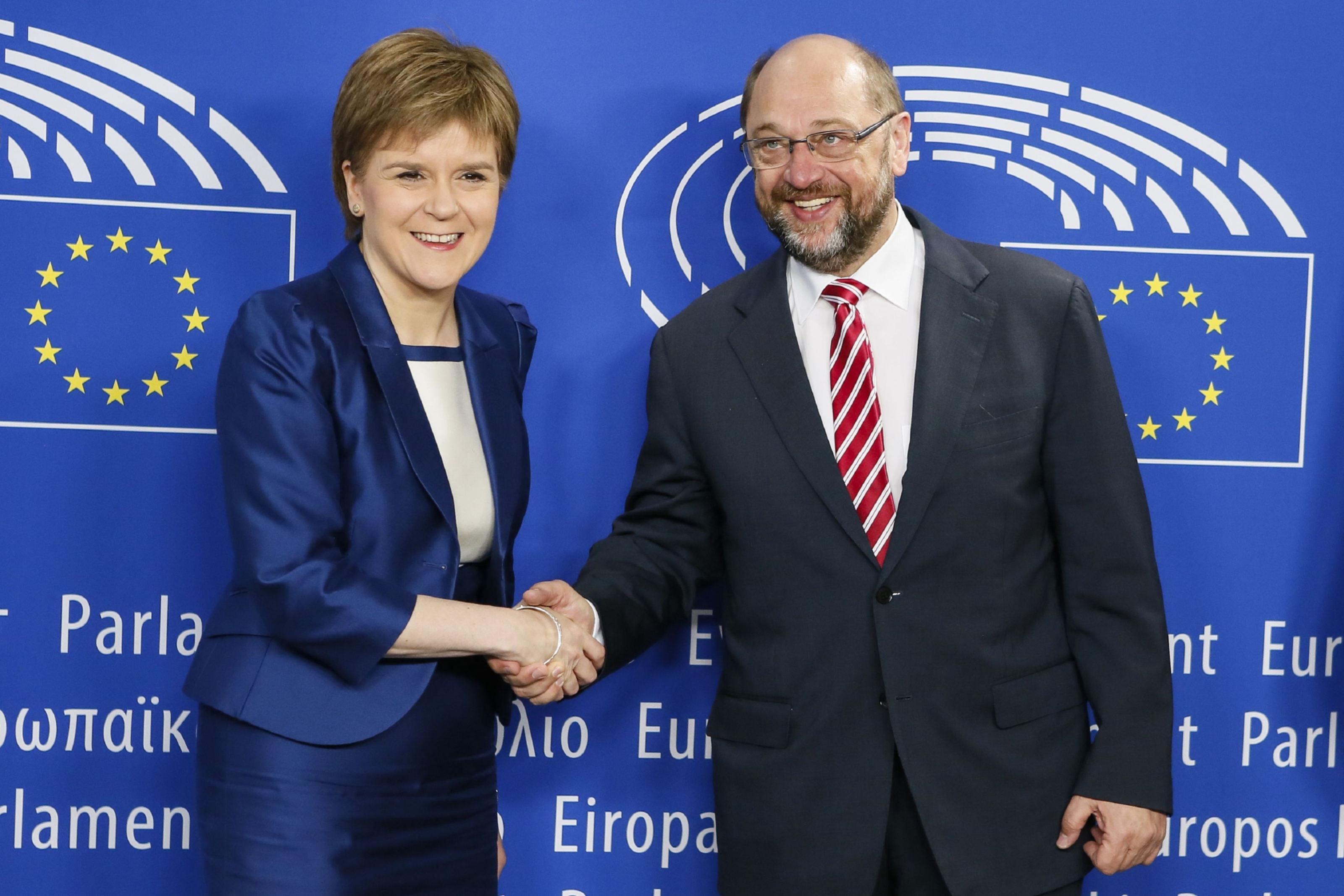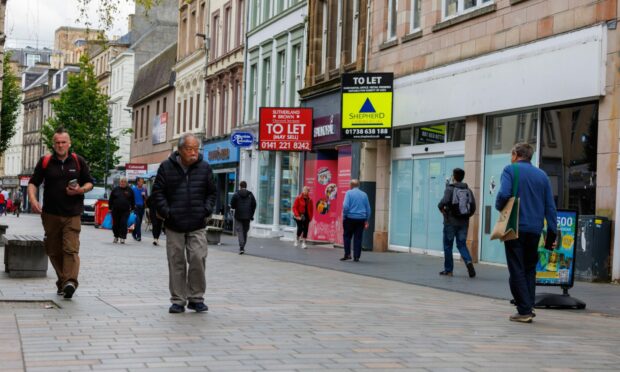Scottish businesses see EU exit as bad for them and the economy, with more than 60% fearing it will have a negative effect on their trade.
The alarming findings are contained in a Fraser of Allander Institute survey of more than 320 Scottish companies.
The leading Scottish independent economic research institute gauged firms’ assessment of the impact on their business and the economy from the UK’s decision to leave the European Union.
FoA said that following the EU referendum, the Scottish economy has entered a period of uncertainty that threatens investment, jobs and growth.
Key results in the first major post-referendum survey of Scottish companies include:
- Just over 60% of Scottish firms said Brexit will have a negative impact on their business and only 19% said it would have a positive impact. One third said the impact would be ‘very negative’.
- Around 40% believe that Brexit could lead to a decrease in their investment/expansion plans and 34% said that they could cut back on recruitment plans.
- More than 70% of firms had done no preparation for the UK exiting the EU.
- Around two thirds (67%) of firms thought ending the uncertainty was a key issue in the UK’s negotiation of its exit from the EU. Access to the Single Market was cited by 49% of firms as a vital matter.
The survey found little evidence of firms actually cancelling their investment or recruitment plans outright.
Within the 25% of firms indicating that they had already made a decision to change their investment and recruitment plans, the vast majority (95%) said that decisions had been postponed rather than cancelled entirely.
Professor Graeme Roy, director of the institute, said: “This is the first hard survey evidence post-referendum of what businesses in Scotland are thinking and how they are responding to the unexpected EU referendum result.
“A clear majority believe that the impact – certainly in the short to medium term – will be negative. The survey offers some evidence that investment and recruitment plans may be being put on hold.”
He continued: “Resolving the current political and economic uncertainty must now be the key priority.
“It is imperative that policy-makers do all that they can to help reduce this source of instability to allow businesses to invest and press-ahead with their recruitment plans.
“The longer the period of uncertainty continues, the more damaging the impact will be on the economy.”
This week Tim Martin, chief executive of pub group JD Wetherspoon and a prominent pro-Brexiteer, took a swipe at many in the political and business communities for being too negative about the potential impact of the UK leaving the EU.










